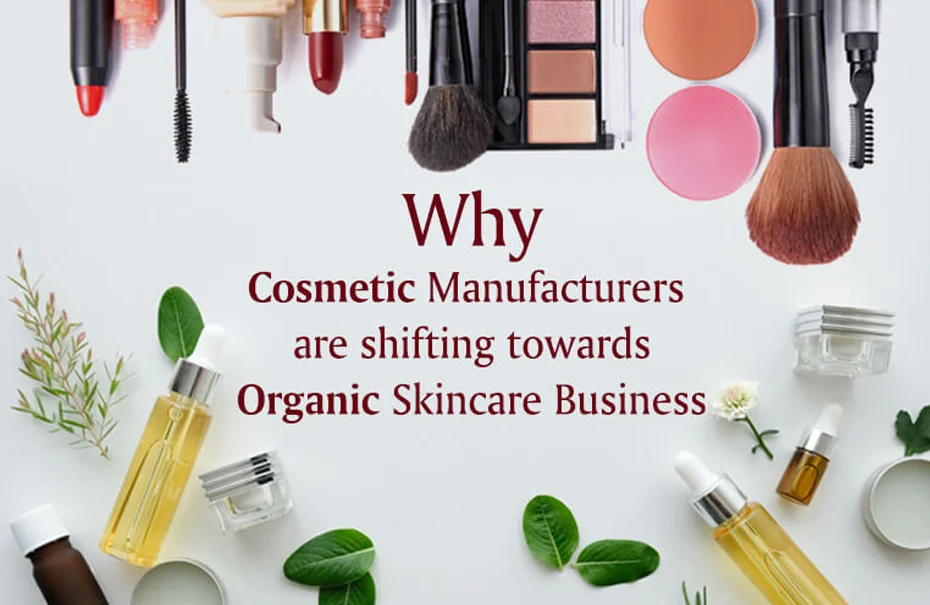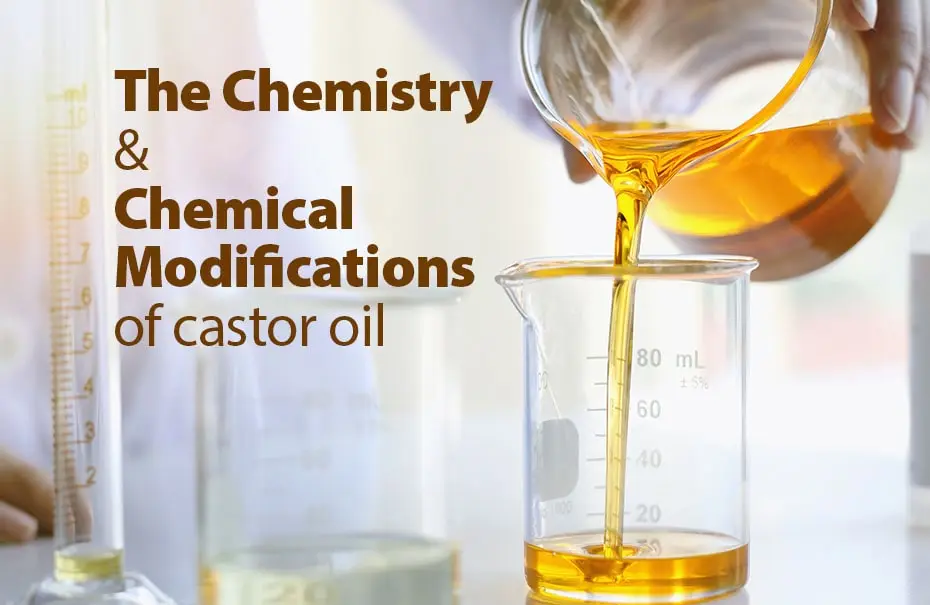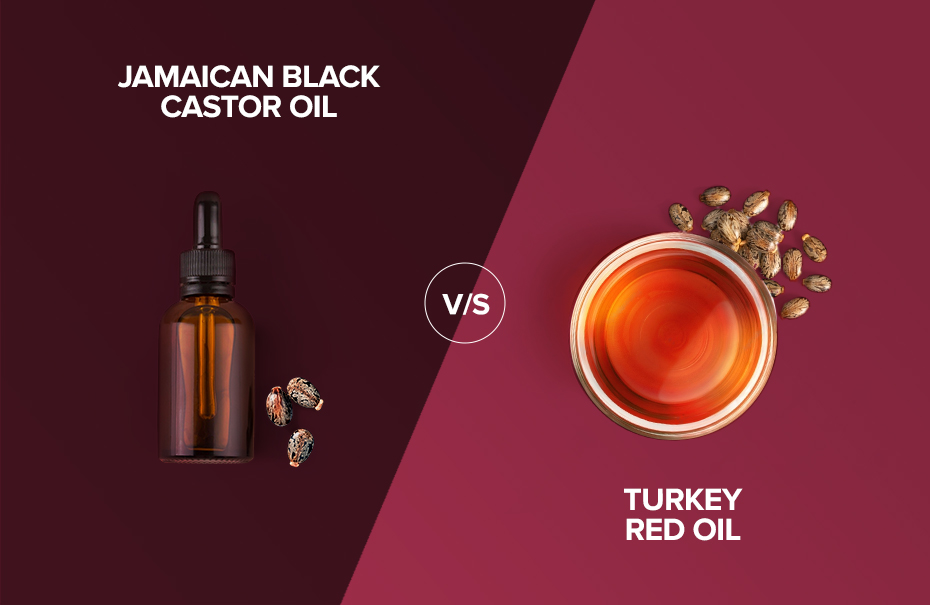Why Cosmetic Manufacturers are shifting towards Organic Skincare Business

The Natural Cosmetics Market is expected to grow annually by 8.2% between 2020-2025. (source)
The rising demand for organic products shows a significant shift in the mindset and purchasing-decisions of consumers. Following the trend, the manufacturers have also started maintaining one hand distance from products loaded with harmful chemicals with adverse effects on human health and the planet’s ecosystem. The end-users and manufacturers seem to understand that turning to a reliable option is more viable for the long run.
How did it all begin?
Organic products are now coming into the limelight and gaining popularity. The paradigm shift could be due to many pertinent reasons, the major one being the detrimental effects of chemical products. Their other reason plausible reasons could be as follows:
- Increase in awareness
As people started getting aware, they have started refraining from chemical byproducts. In 2005, a campaign was initiated by the media which raised questions on the usage of parabens (cosmetic preservatives).
Consumers started rejecting parabens, which then acted as a catalyst towards the surge of paraben-free products. With years passing by, various other chemical ingredients came under a questionable radar.
- Rising Allergic Cases
As more and more cosmetic products started taking space on our shelves, there was also a rise in cases of allergies. The application of these products resulted in allergies especially to those with sensitive skin. This led people to stay away from exposing their skin to harmful chemicals and turning towards organic cosmetics.
How can manufacturers meet trending demand?
As manufacturers highly depend on synthetic constituents to create cosmetic products. It is quite a challenge to provide a similar customer experience while using natural based products.
Manufacturers can look forward to incorporating natural, cruelty-free, non-toxic ingredients with ethical ingredient sourcing policies. Before we go through the ingredients, let’s understand some of the many buzzing jargons in the beauty industry.
Emollients:
Emollients are wax-like lubricating agents made of a mixture of compounds. The emollients are used for smoothening, softening, and hydrating the skin. The skin gets dry because it does not contain the required moisture. This leads to skin crack that creates open spaces between the cells of the skin. When we apply Emollients, it fills those spaces with lipids that make the skin smoother and softer.
Emollients that have a lot of oil are also known as occlusive agents. They coat the skin and lock the hydration for a much longer period. Quite a few people confuse emollient and moisturizer as one but they are not. Emollient is one of the many ingredients in a moisturizer.
Emulsifier:
In the cosmetic industry, emulsifiers are widely used to combine non-miscible fluids into a homogenous emulsion. Daily skin care products like cream or lotion constitute a water phase and an oil phase. These two phases generally don’t have a mixing tendency. In order to mix them, and achieve stable consistency emulsifiers are used.
There are broadly two types of emulsifiers available:
- Oil in Water (O/W)
The oil is dispersed in a water dispersion medium. This type of emulsion is more liquid in form and similar to milk or a body lotion.
- Water in Oil (W/O)
In this type of emulsion, water is the dispersed phase and water the dispersion medium. These have ultra-fine water droplets suspended in fatty ingredients. These are quite thick and greasy in nature.
Humectant:
Humectants love water! They attract water molecules from the deeper layers to the upper layer of the skin. This prevents dryness and keeps the skin soft and supple. One of the most common and well- known humectants is glycerin. Many humectants show emollient properties while the vice-versa is not true all the time. A combination of humectants and emollients make the best moisturizer for soft skin.
Let us now dive into a few common ingredients that are making their way into the organic industry.
- 1. Castor Oil
Castor oil derivatives have been used for generations in the cosmetics industry. They play a crucial part in the production of soaps, shampoos, perfumes, deodorants, hair oil, and many other cosmetics and personal hygiene products.
Hydrogenated castor oil in the skincare industry is traditionally used to emulsify oil in water formulations. Its soothing and softening quality also makes it a popular choice for hair cosmetics and moisturizers. Castor oil manufacturers use these derivatives in formulating products like creams, soaps, sunscreen, and many a wide range of other products.
- 2. Glycerin:
Glycerin which is also known as glycerol is a colourless and odorless liquid that may seem synthetic but is completely natural. It naturally occurred in all forms of lipid,i.e., fats.
Glycerin acts like humectant in nature. The following ingredient attracts and binds moisture and locks it in the upper layer of skin. This prevents the skin from drying and maintains the moisture of the body. It is usually combined with other essential oils or emollients to reduce moisture loss of the skin.
- 3. Green Tea
Green Tea is potentially effective when applied to the skin. They can do wonders in treating acne. Green Tea contains a high level of polyphenols that makes tea one of the healthiest beverages on the market. Green tea in the cosmetic industry provides the needed antioxidant and moisturizing properties.
The market for natural products is booming day by day. As consumers are turning towards natural and more sustainable options manufacturers are understanding the demand and working towards meeting those needs. Ambuja Solvex is one of the leading manufacturers of Castor oil that has understood the demand for organic products. For any further queries regarding castor oil, get in touch!



